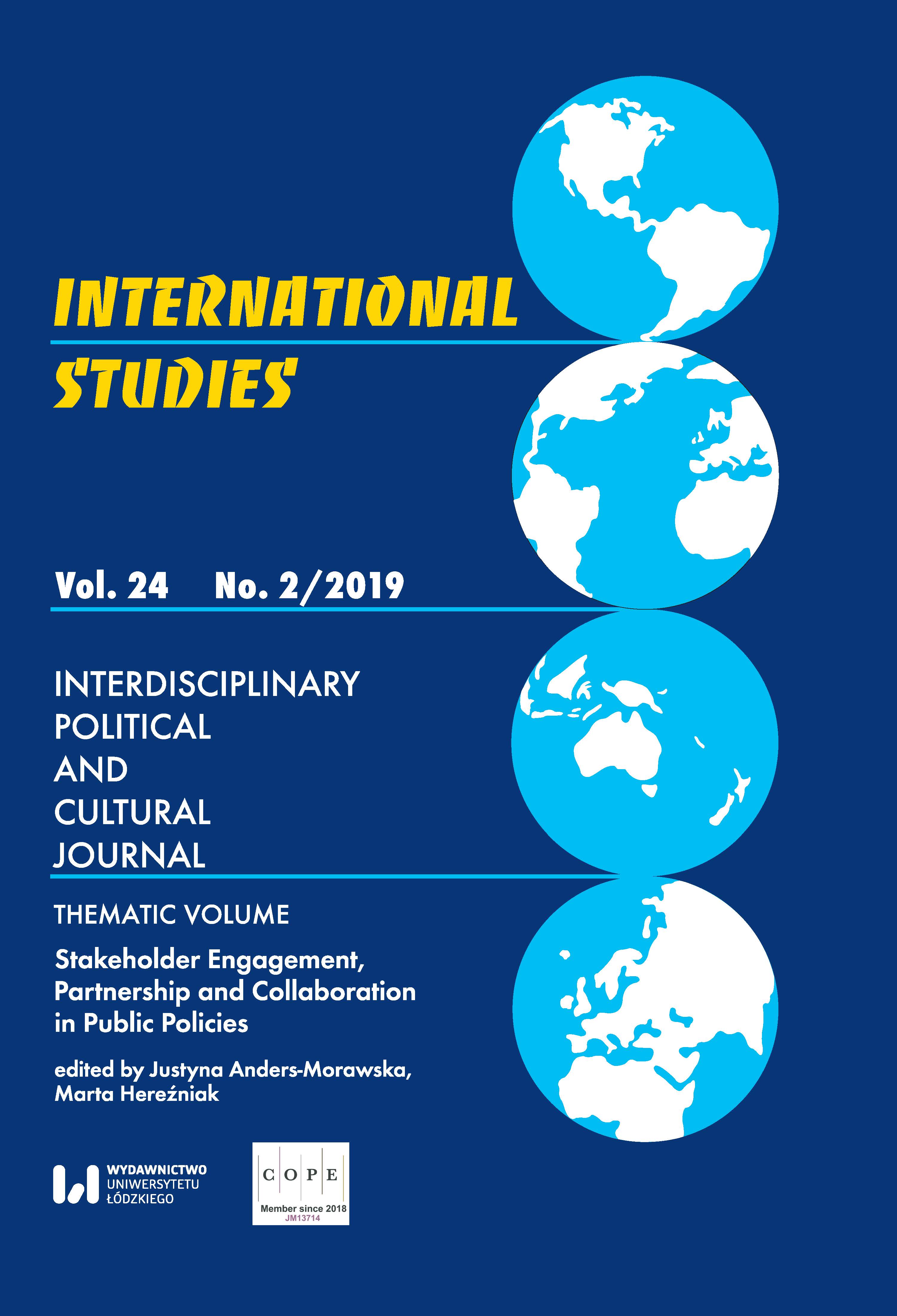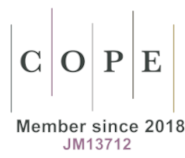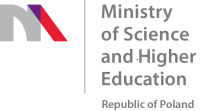The Development of Wine Tourism in Atypical Wine Regions: the Challenge of Multistakeholder Cooperation?
DOI:
https://doi.org/10.18778/1641-4233.24.08Słowa kluczowe:
wine tourism, atypical wine regions, UNWTO wine tourism conferenceAbstrakt
In the last decades, worldwide wine tourism has been steadily progressing and has grown substantially as a research object. Several academic papers treat strategies for development and management of wine tourism. This paper aims to describe recent trends in wine tourism, and more specifically, the development of wine tourism in atypical wine regions. Therefore, it synthesises the key findings from the second UNWTO wine tourism conference. Furthermore, it argues that the successful development of wine tourism is not an exact science. Emerging wine destinations often have many difficulties to overcome. Using literature review and case studies, it explores the possibilities to create successful destinations and highlights the importance of co-operation, co-creation within networks and creativity to create value for wine tourism destinations.
Pobrania
Bibliografia
Butler, R. W. „The Concept of a Tourist Area Cycle of Evolution: Implications for Management of Resources.” Canadian Geographer 24.1 (1980): 5–12.
Zobacz w Google Scholar
Croce, E., and G. Perri. Food and Wine Tourism. Wallingford: CABI, 2017.
Zobacz w Google Scholar
Dubrule, P. L’oenotourisme: une valorisation des produits et du patrimoine vitivinicoles. Paris: Ministère de l’Agriculture et de Pêche, 2007.
Zobacz w Google Scholar
Getz, D. Explore Wine Tourism: Management, Development and Destinations. New York: Cognizant, 2000.
Zobacz w Google Scholar
Getz, D., and D. Brown. „Critical Success Factors for Wine Tourism Regions: A Demand Analysis.” Tourism Management 27.1 (2006): 146–158.
Zobacz w Google Scholar
Getz, D. et al. „Critical Success Factors for Wine Tourism.” International Journal of Wine Marketing 11.3 (1999): 20–43.
Zobacz w Google Scholar
Groot Zevert, N., et al. De uitbouw van wijntoerisme in de provincie Limburg. Leuven: unedited, 2015.
Zobacz w Google Scholar
Guedes, A., and V. Joukes. „Hotelships on the Douro River and their Relationship with the Terroir.” Wine and Tourism. Eds. M. Peris-Ortiz et al. Cham: Springer, 2016, pp. 87–105.
Zobacz w Google Scholar
Hall, C. M., et al., eds. Wine Tourism Around the World: Development, Management and Markets. Oxford: Butterworth-Heinemann, 2000.
Zobacz w Google Scholar
Kotler, P., et al. Marketing 3.0. Hoboken, NJ: John Wiley and Sons, 2010.
Zobacz w Google Scholar
Marlowe, B., and M. J. Baumann. Terroir Tourism: Experiences in Organic Vineyards. 4 April 2019. http://dx.doi.org/10.3390/beverages5020030
Zobacz w Google Scholar
Marlowe, B., and S. Lee. „Conceptualizing terroir wine tourism.” Tour. Rev. Int. 22 (2018): 143–151.
Zobacz w Google Scholar
McCarthy, E., and M. Ewing-Mulligan. Wine for Dummies. Hoboken, NJ.: John Wiley & Sons, 2007.
Zobacz w Google Scholar
Peris-Ortiz, M., et al., eds. Wine and Tourism A Strategic Segment for Sustainable Economic Development. Cham: Springer, 2016.
Zobacz w Google Scholar
Pine, B. J., and J. H. Gilmore. The Experience Economy: Work Is Theatre & Every Business a Stage. Brighton, MA: Harvard Business, 1999.
Zobacz w Google Scholar
Provincie Limburg. „Limburg in cijfers.” Accessed 20 Feb 2019. https://limburg.incijfers.be/
Zobacz w Google Scholar
Quadri-Felitti, D. L. An Experience Economy Analysis of Tourism Development along the Chautauqua-Lake Erie Wine Trail. Ames, Iowa: IOWA State University, doctoral dissertation, 2012.
Zobacz w Google Scholar
Telfer, D. J. „From a Wine Tourism Village to a Regional Wine Route: An Investigation of the Competitive Advantage of Embedded Clusters in Niagara, Canada.” Tourism Recreation Research 26.2 (2001): 23–33.
Zobacz w Google Scholar
UNWTO. UNWTO Wine Tourism Prototype. Madrid: UNWTO, 2017.
Zobacz w Google Scholar
Valduga, V., and M. Valduga. „The Experience of Wine Tourism in Vale dos Vinhedos – Rio Grande do Sul- Brazil.” Wine and Tourism. Eds. M. Peris-Ortiz et al. Cham: Springer, 2016.
Zobacz w Google Scholar
Vlachvei, A., and N. Ourania. „Wine Routes in Greece: Producers’ Perceptions and Economic Implications.” International Journal of Arts and Sciences 3.2 (2009): 95–106.
Zobacz w Google Scholar
Pobrania
Opublikowane
Jak cytować
Numer
Dział
Licencja

Utwór dostępny jest na licencji Creative Commons Uznanie autorstwa – Użycie niekomercyjne – Bez utworów zależnych 4.0 Międzynarodowe.

















